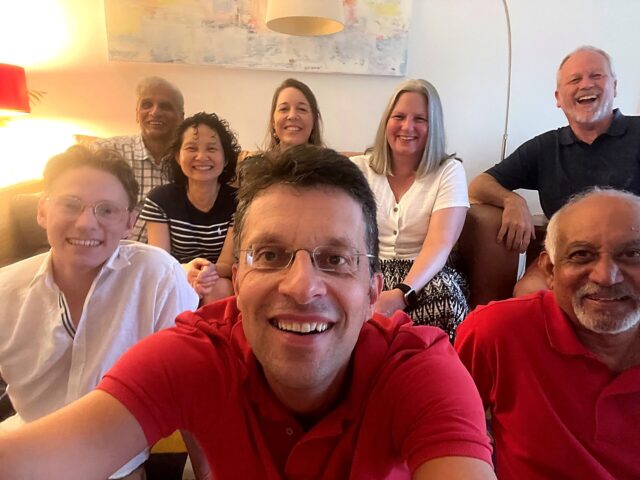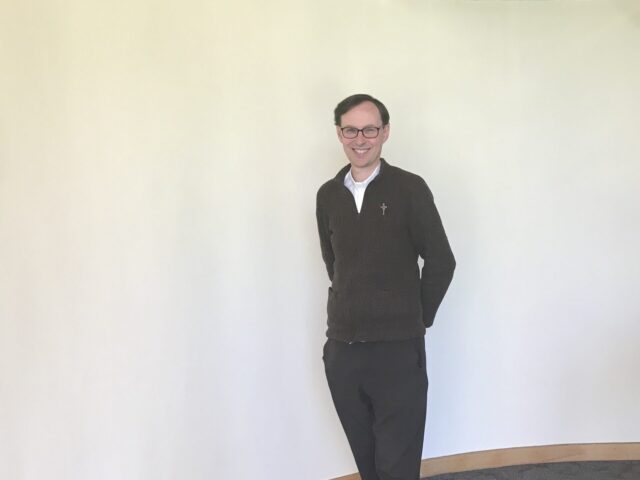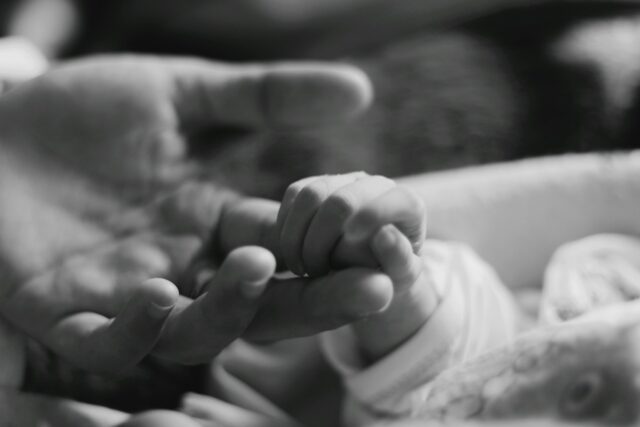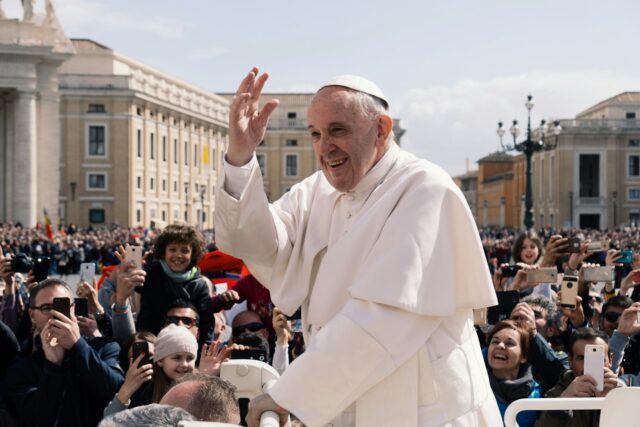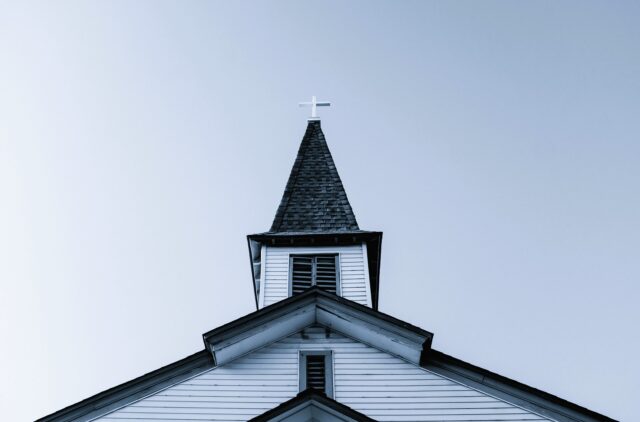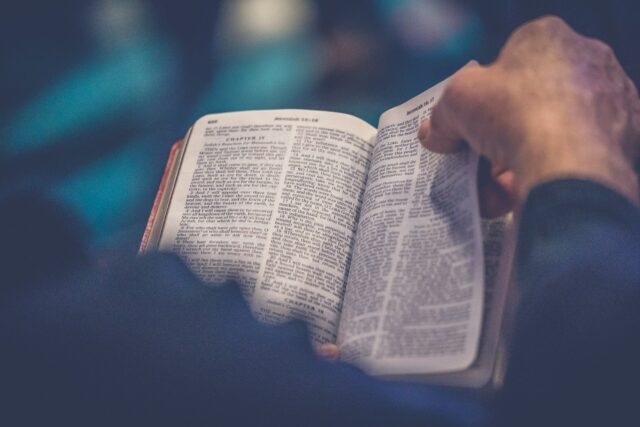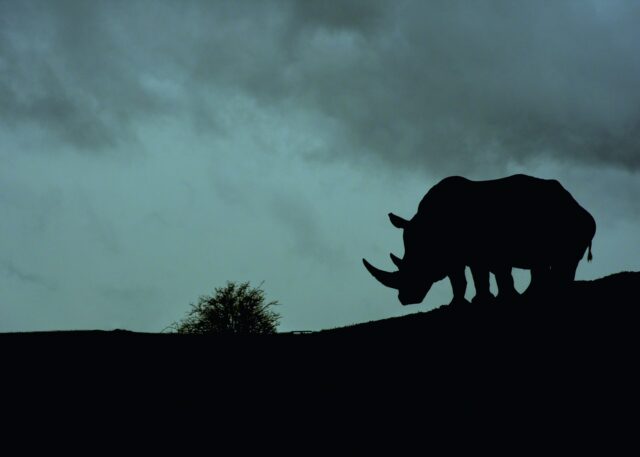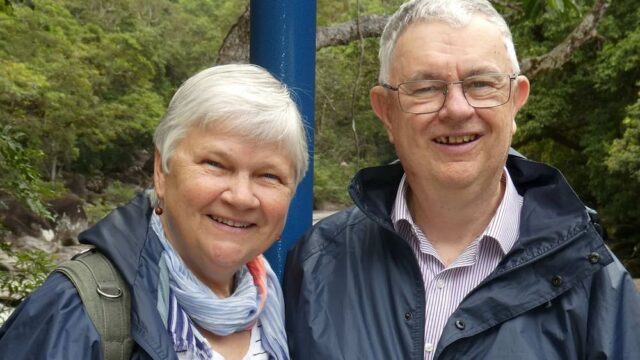
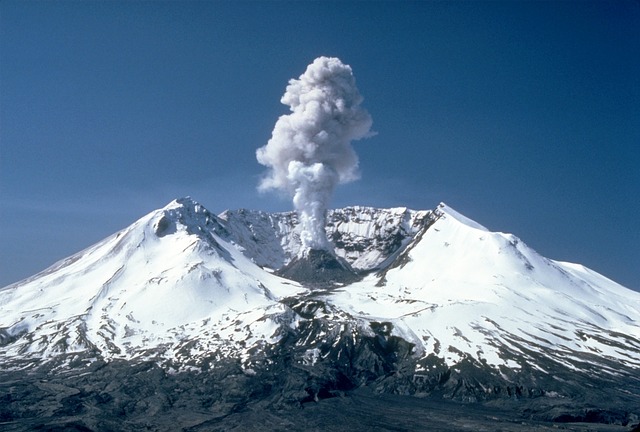

Audio mp3 files of Dr Jonathan Clarke’s lecture and the Q & A session following it and a pdf copy of his PowerPoint slides at either 1 slide per page (1pp) or 2 slides per page (2pp) are available for download now.
- Lecture: download mp3 [8.84 MB]
- Q & A session: download mp3 [8.76 MB]
- pdf file of PPT slides: 1 slide per page download pdf [4.6 MB]
- 2 slides per page download pdf [3.2 MB]
See also a link to a related article of his: https://iscast.org/wp-content/uploads/attachments/leviathan_cposat_4_.pdf
Dr Jonathan Clarke gave an ISCAST-CASE* lecture at New College at the University of New South Wales on “God and natural disasters” at 7.30 pm on Thursday 24th July.
Biosketch:
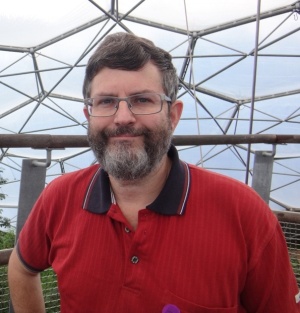 Jonathan Clarke, BSc (Hons), PhD, is a geologist with more than 30 years experience in the industry, academic, and government sectors. He has worked in mineral exploration, groundwater, marine surveys, and salinity management. Research interests have included sedimentology, palaeoecology, environmental change, history and philosophy of geology, astrobiology and planetary geology and geomorphology. Jon is a director of ISCAST, lives in Canberra, and is married to Anna. They have two grown up daughters, a cat and two guinea pigs.
Jonathan Clarke, BSc (Hons), PhD, is a geologist with more than 30 years experience in the industry, academic, and government sectors. He has worked in mineral exploration, groundwater, marine surveys, and salinity management. Research interests have included sedimentology, palaeoecology, environmental change, history and philosophy of geology, astrobiology and planetary geology and geomorphology. Jon is a director of ISCAST, lives in Canberra, and is married to Anna. They have two grown up daughters, a cat and two guinea pigs.
Lecture abstract:
We live in a world where natural variability and catastrophic events are often understood by Christians as the result of ‘natural evil’ in a fallen world. The presence of many of these processes over the 3.5 billion years of recorded geological time shows that these are an integral part of the way the world works. Furthermore earthquakes, volcanoes, floods and other catastrophic events also provide fertile soils, mineral deposits, great beauty and other things which Christians accept as blessings of a good creation. Further, despite the fact that many disasters recur in the same places, such as floods and earthquakes, people choose to live in disaster prone areas, despite the great suffering and loss of life that results. In other places the marginalised are forced by circumstances to live in high risk areas. Given the complexities raised by these issues a re-evaluation of some of the more traditional approaches to these events is perhaps due.
*CASE – Centre for Apologetic Scholarship and Education (http://case.edu.au)


